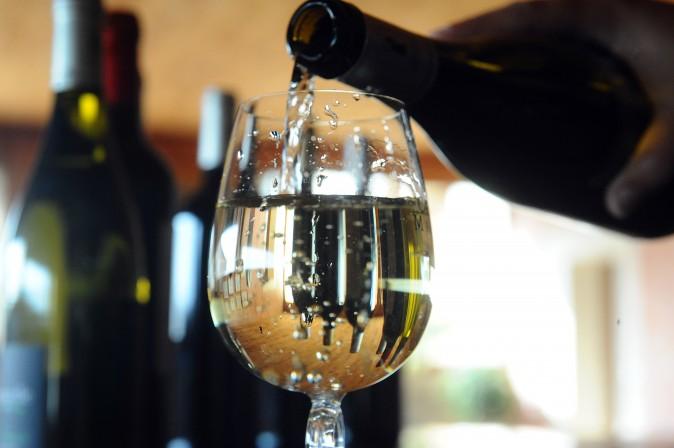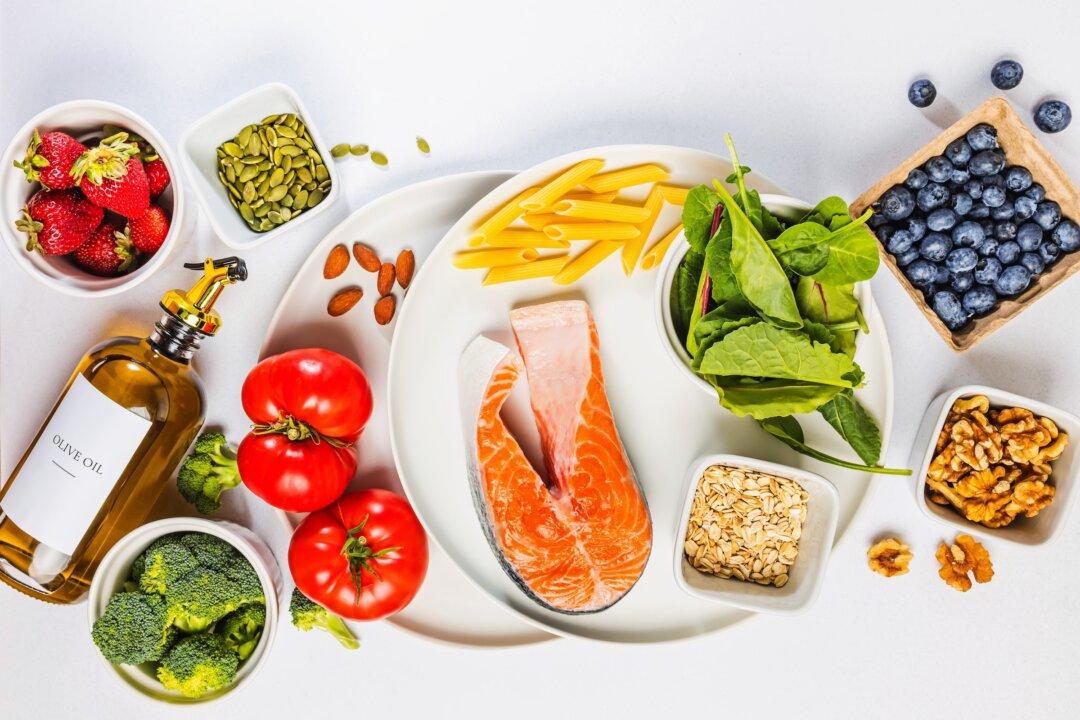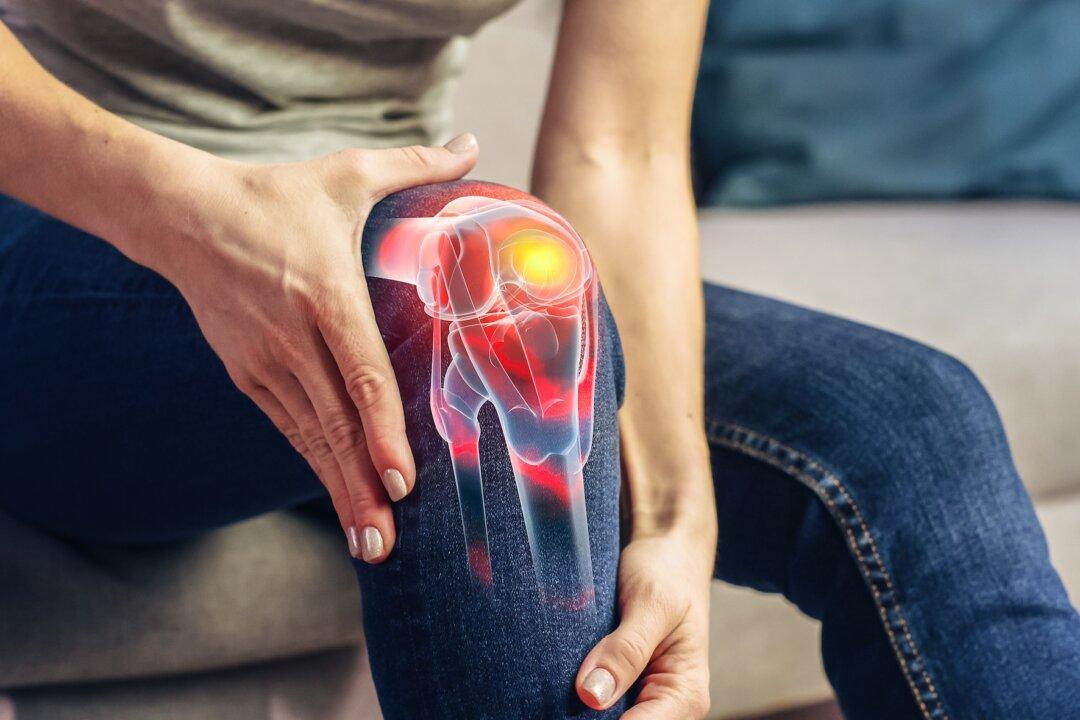A new study from England following 53,000 men and women, age 50 and older, for 6 to 10 years, shows that alcohol has no demonstrable health benefits and does not prolong life. The authors grouped people by age and found no benefits whatever in all age groups except men 50 to 64 and women 65 and older and even in these two groups, the benefits were statistically almost insignificant.
Probable Flaws in Previous Studies
Most of the studies showing that people who take fewer than two drinks a day live longer than non-drinkers and heavier drinkers are flawed because they did not separate former drinkers from people who almost never drank. This new study separated former drinkers from lifetime non-drinkers and found no health benefits from alcohol at all. Former heavy drinkers are likely to be less healthy and die earlier than people who have never drunk alcohol. More than half of the people who call themselves non-drinkers are recovering alcoholics or people who had been told to stop drinking because they had already suffered from diseases caused in part by drinking, such as heart attacks, cancers, strokes, dementia, impotence or liver damage.
The United States Public Health Service says that alcohol kills more than 88,000 people in the United States each year, and has shortened the lives of those who died by an average of 30 years. It also causes 1 in 10 deaths among working-age adults aged 20-64 years, and the health damage it causes costs $223.5 billion, or $1.90 a drink.
[aolvideo src=“http://pshared.5min.com/Scripts/PlayerSeed.js?sid=1759&width=675&height=450&playList=518644975&responsive=false”]
Two Other Studies Published This Week
1) Drinking excessive amounts of alcohol increases a middle-aged person’s chances of suffering a stroke as much as high blood pressure or diabetes does. Those who take in more than two drinks a day have a 34 percent increased risk of stroke compared to those who take in less than half a drink (Stroke, Jan. 29, 2015). Those who take in more than two drinks a day in their 50s and 60s suffer strokes earlier in life than light drinkers or non-drinkers.
2) Drinking some alcohol every day increases risk for permanent liver damage called cirrhosis (Journal of Hepatology, January 26, 2015). Wine is associated with a lower risk for liver damage than beer and liquor. The authors of this study warn that older drinkers are more likely to have health conditions affected by alcohol or to take medicines that impair their ability to metabolize alcohol.
How Your Liver Breaks Down Alcohol
Your liver works to protect you from alcohol. It is the only structure in your body that contains enough of an enzyme that breaks down significant amounts of alcohol, and it breaks down alcohol in a slow, steady rate into acetaldehyde dehydrogenase. If you take in too much alcohol, the alcohol will eventually destroy your liver to cause a condition called cirrhosis. When this happens to you, your liver breaks down alcohol so slowly that it can accumulate in, and damage, your brain and every other organ in your body.
Immediate Risks of Drinking Alcohol
Alcohol increases risk for:
- Injuries (automobile crashes, falling, drowning, burns)
- Violence (homicide, suicide, sexual assault, and partner violence)
- Passing out
- Poor judgment, such as promiscuous sex with an infected partner or failure to use contraception
- Miscarriage, stillbirth, or having a brain-damaged child (for pregnant women).
Long-Term Health Risks From Alcohol
- High blood pressure, heart disease, stroke, liver disease, stomach ulcers
- Cancer of the breast, prostate, mouth, throat, esophagus, stomach, liver, colon and others
- Learning and memory problems (dementia, poor school or work performance)
- Emotional problems such as depression
- Social problems
- Alcoholism
[morearticles]1159258, 1157766[/morearticles]
Definition of a Drink
In all of the studies and reports, a “drink” contains the amount of alcohol that takes an average person’s liver one hour to clear it from the bloodstream. However, this can vary with body weight, sex, age, metabolic rate, recent food intake, the type and strength of the alcohol, and any medication you take. A “drink” contains 0.6 ounces (14.0 grams or 1.2 tablespoons) of pure alcohol, which means:
* 12-ounces of beer (5 percent alcohol content)
* 8-ounces of malt liquor (7 percent alcohol content)
* 5-ounces of wine (12 percent alcohol content)
* 1.5-ounces of 80-proof (40 percent alcohol content) liquor (e.g., gin, rum, vodka, whiskey)
This article was originally published on www.drmirkin.com. Subscribe to their free weekly Fitness & Health newsletter.





